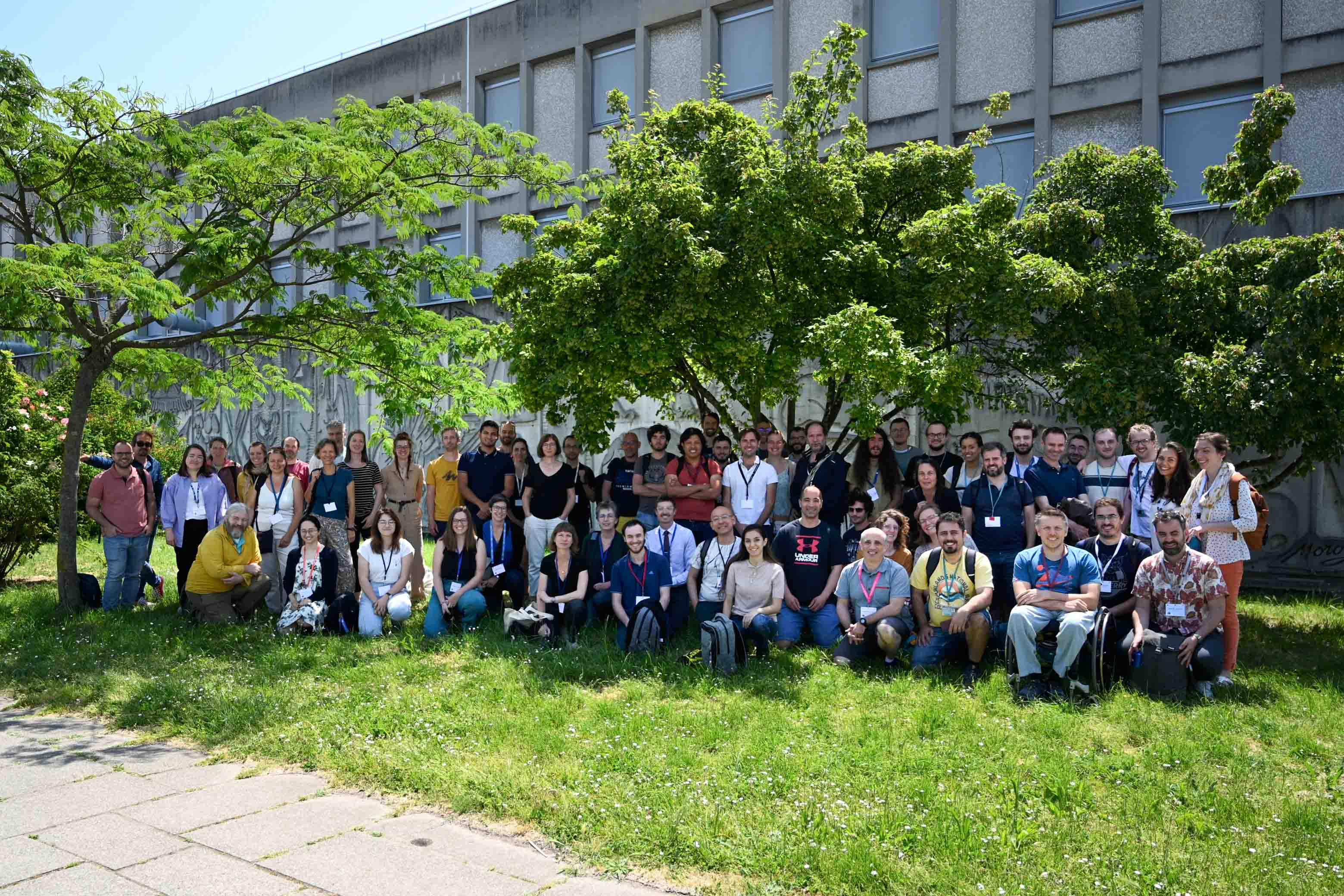Accueil
| Yann Capdeville (LPG, CNRS, NuTS) |
Introduction |
|
| Yann Capdeville (LPG, CNRS, NuTS) |
Hardware and Ressources for scientific HPC (mot de passe: NuTS en minuscules) |
|
| Hatim Bourfoune (IDRIS) |
Jean Zay |
|
| Aurélien Garivier (ENS Lyon) |
Understanding the Efficiency of Machine Learning: Progress and Challenges |
|
| Maëlis Arnould (LGLTPE) |
Diamond open access journals |
|
| Marielle Malfante (CEA) |
AI for monitoring: focus on reliability and anomaly detection |
|
| David Michéa (EOST) |
Automatic machine learning classification of ground displacement data cubes: application to large InSAR and optical datasets |
|
| Sophie Giffard (ISTerre) |
Examples and best practices of using machine learning in geosciences, especially neural convolution networks |
|
| Damia Benet (Earth Observatory of Singapore) |
Machine learning for volcanic ash studies |
|
| Thomas Bodin (LGLTPE) |
Using Generative Networks for Inverse problems |
|
| Nestor Cerpa (Géosciences Montpellier) |
Using deep learning to predict the evolution of mechanical anisotropy in the Earth's mantle due to texture development |
|
| Nathanael Schaeffer (ISTerre) |
Neural networks and inverse problem: application to Earth's core flow estimation. |
|
| Léonard Seydoux (IPGP) |
AI-based seismic and geodetic data fusion for understanding geophysical phenomena. |
|
| Gautier Laurent (ISTO) |
Geocognitive knowledge-based geological modelling : proof of concept
| |
| Clément Hibert (ITES) |
Contribution of machine learning to environmental seismology |
|
| Quentin Blétery (Géoazur) |
Can AI anticipate earthquakes? |
|










